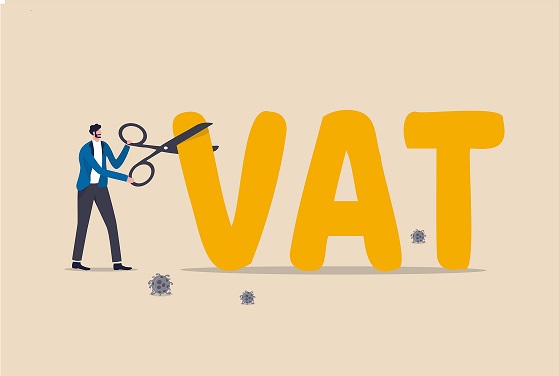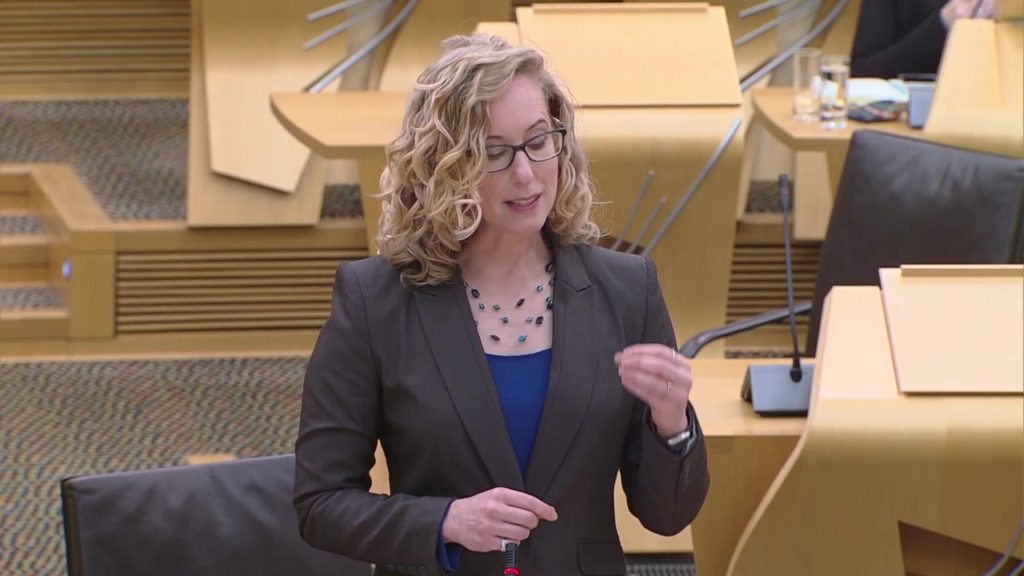Instead, Lorna Slater said the Scottish government was committed to getting the DRS up and running “as soon as practically possible”.
Speculation abounded that Ms Slater was due to announce a delay to the roll-out of the “already overdue” system (see letsrecycle.com story).
Ms Slater merely hinted at a delay, saying she was “working hard” with scheme administrator Circularity Scotland and industry to agree a final timescale and “clear milestones” for delivery.
She said she would announce this schedule to the Scottish Parliament “in due course”.
Scotland planned to roll out the DRS in April 2021, before an initial delay. The Scottish Parliament then published legislation to establish the DRS in 2020, with the intention of having the scheme operational in July 2022.
However, Ms Slater told the Scottish Parliament that 2020 was an “unprecedented year” due to the global Covid-19 pandemic and the “mismanagement of Brexit”.
I am currently engaging with all of those stakeholders to figure out the shortest practical time to implement this scheme
– Lorna Slater, Scottish minister for green skills, circular economy and biodiversity
Ms Slater said: “The deposit return scheme is very comprehensive. It involves tens of thousands of collection points around the country. It involves big retailers, small brewers, our hospitality sector.
“I am currently engaging with all of those stakeholders to figure out the shortest practical time to implement this scheme given the challenges around Brexit and around the pandemic that it still raging.”
VAT
Ms Slater said there were other “unresolved issues” surrounding the DRS, such as a “lack of clarity” from the UK government on the VAT treatment of deposits. She said these issues added “unnecessary cost, time delay and risk” to the project.

Ms Slater said she only heard yesterday from the financial secretary to the Treasury that they do not see a route to removing VAT from deposits, a decision she described as “deeply disappointing”.
Instead, Ms Slater said, the financial secretary offered to work with her, her officials, and industry on “potential VAT adjustments”.
“I understand this falls well short of what is needed here, but I have tasked my officials to work on this urgently, to understand the implications and agree a way forward,” she said.
Costs
Ms Slater was asked by the Conservative MSP for North East Scotland, Liam Kerr, what the projected start-up costs of the scheme would be and how they would be funded.
Ms Slater replied by saying Circularity Scotland was a “separate body” to the Scottish Parliament.
“The scheme is being run by an independent administrator which is a private company,” she said. “They are responsible for pulling in the funding and planning it. It is external to government.”
Ms Slater was then asked by the SNP MSP for Inverness and Nairn, Fergus Ewing, about Circularity Scotland estimates putting the overall costs of the DRS at “broadly double, twice that of the Scottish Government estimates, which were then for a total of £2,410 million over 25 years, when this Parliament approved the scheme”.
Ms Slater replied: “My priority is to implement the deposit return scheme as quickly as practically possible. The costs of the scheme are borne by industry, and this is organised by Circularity Scotland, which I reiterate is a private company.”
She added: “Industry is paying. This is an industry scheme funded by the industry. It is not a publicly funded scheme.”
Ms Slater also said it was for Circularity Scotland as a private company to decide what information about costs to publish.
‘Not a considerable surprise’
Martin Hyde, policy leader at environmental consultancy Comply Direct, told letsrecycle.com that he was “not surprised” that the Scottish DRS could be delayed.

He said: “Whilst it is disappointing for many to see another delay to the launch of the Scottish DRS, it is not a considerable surprise given the obstacles faced due to both Covid-19 and the setup and management of a successful DRS.
“This delay is, however, another opportunity to look at a more UK-aligned DRS, and we hope that Westminster will support the Scottish government in developing a scheme that delivers cost effective outcomes in terms of reducing litter whilst improving recycling.
“With Defra planning on publishing their most recent [extended producer responsibility] and DRS consultation findings in early 2022, it may be an appropriate time to revisit the position of DRS within the wider resource and waste strategy and review whether greater focus should be given to the reformed EPR system for packaging.”












Subscribe for free